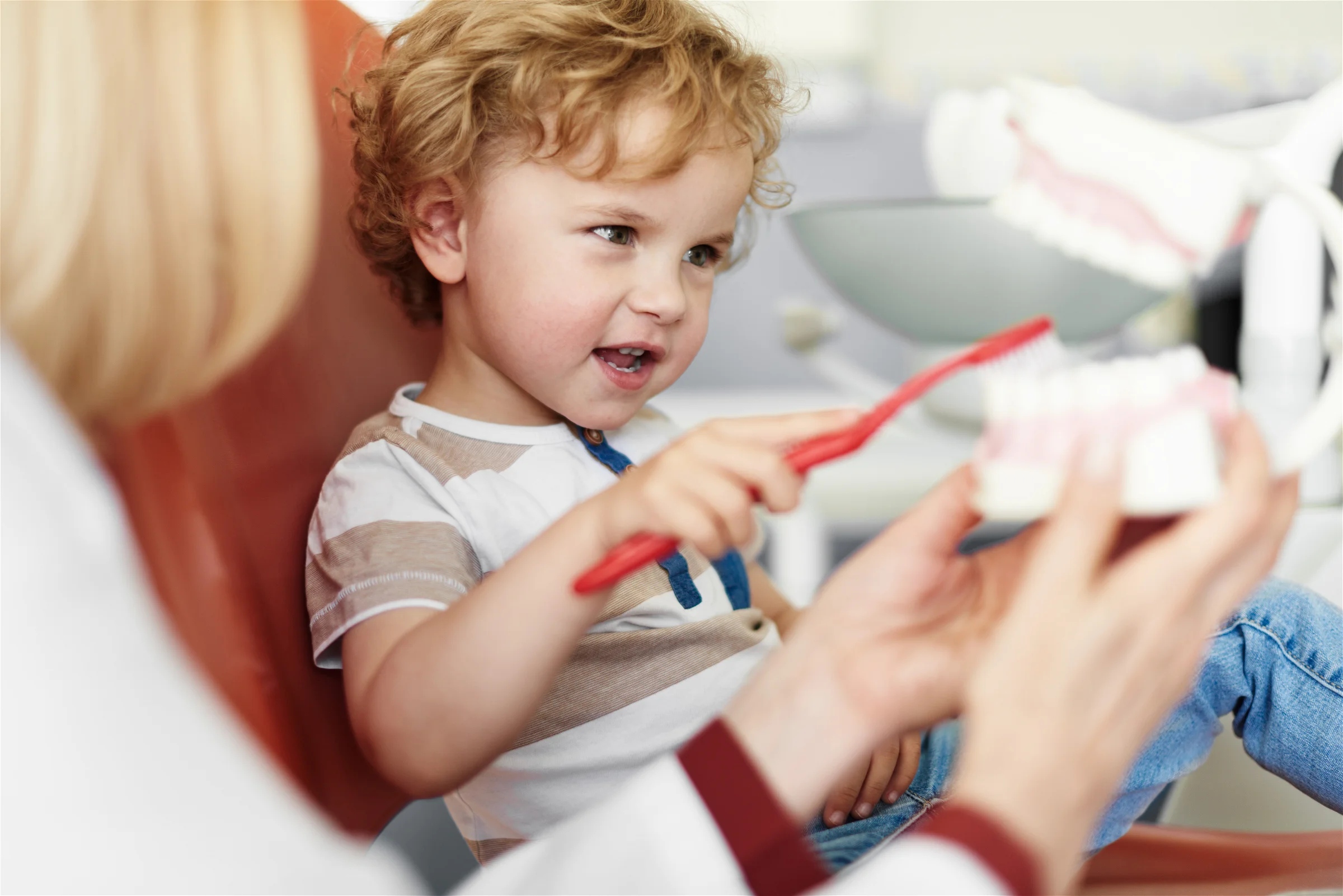
Why Is Pediatric Dentistry Important?
One of the most important goals of the Canadian Dental Association is to raise awareness about the importance of oral health, especially in children. This makes pediatric dentistry an essential part of the prevention and treatment of any type of dental problem during childhood. If your child is older than one, then you should look for a pediatric dentist in Edmonton. It’s recommended for children to regularly visit the dentist after this age to start the prevention of oral diseases.
Here, we bring you some facts and tips that highlight the importance of taking care of your kid’s teeth and help you get more involved in their oral health:
1. Tooth decay and cavities represent the most common pediatric disease:
For this reason, regular visits to the dentist after the first birthday is recommended by the American Dental Association. Kids should visit the dentist twice a year for cleanings and early diagnosis of dental problems that might occur. Look for pediatric dentistry in Edmonton to keep up to date with your child’s appointments.
2. Start Early:
Just because your baby’s teeth are barely erupting doesn’t mean you don’t have to care for them. Make sure to brush your baby’s teeth daily using an infant toothbrush and an amount of toothpaste the size of a grain of rice. This will keep them healthy until it’s time for their first visit to the dentist in Edmonton. If you’re still unsure about how to brush your baby’s first teeth, you can seek advice at any dental clinic near you. They will be happy to help you.
3. Avoid Contamination:
Don’t share eating utensils with your child. The bacteria in your saliva could be transferred to your kid’s mouth and cause cavities. Also, if you have more than one child, try to keep them from sharing saliva for the same reason. This will also reduce the risk of them getting sick often.
4. Don’t prolong the use of the pacifier:
Using a pacifier after the age of two has been proven to have harmful effects on your child’s teeth in the future. It can modify their bite causing conditions such as crossbite or overbite. These conditions require treatment with an orthodontic specialist to be corrected. Talk to your local dentist in Edmonton if you don’t know how to start weaning your son or daughter off the pacifier. They could have helpful strategies for you to use.
5. Don’t use topical teething gels:
The FDA strongly warns against the use of teething gels that contain anesthetics like lidocaine or benzocaine as well as the use of homeopathic teething tablets. All of these could be harmful to your kid, to the point of raising their risk of suffering seizures. Ask a specialist in pediatric dentistry near you about safe ways of managing the symptoms of teething.
6. Fluoride is important:
Having your child receive fluoride treatments is one of the most effective ways to prevent tooth decay. The fluoride acts like a protective barrier that strengthens the enamel of the teeth so they’re less prone to develop cavities. It’s recommended for children to use fluoridated toothpaste and for them to receive fluoride treatments at the dentist once every six months.
7. Don’t put your baby to bed with bottles:
Exposing their teeth to the sugar present in juices, formula, or milk for several hours at a time is extremely detrimental to their teeth. The sugar promotes the growth of undesired bacteria and plaque formation, which destroys their enamel and causes cavities.
8. Diet Matters:
Remember to reduce the amount of sugary processed foods you’re giving to your kids. Feed them a healthy amount of fibrous fruits and vegetables instead, which are not only healthy for their teeth and gums but also their overall health.


